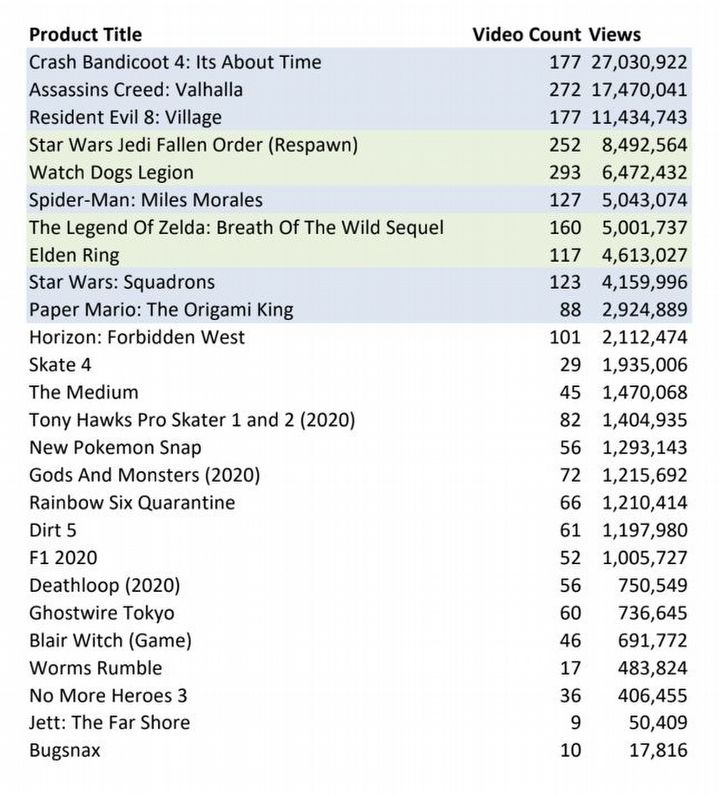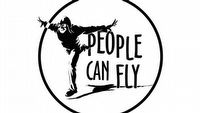We Don't Need E3 - Analysts on Success of Publishers' Conference
Analysts from SuperData and Fancensus analysed the popularity of this year's game presentations. The reports leave no doubt: the big E3 style fair is unnecessary - at least for big publishers.
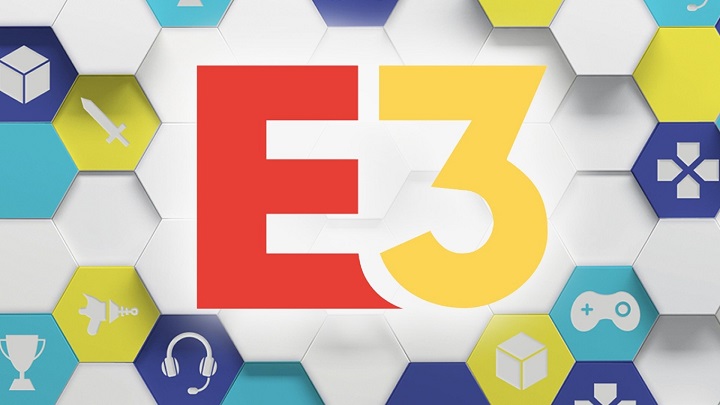
- SuperData and Fancensus analytics groups have published reports on the popularity of shows and announcements of games organized instead of E3 2020;
- The authors compared the number of press materials devoted to particular games and interest in them on YouTube, Facebook, Twitch and Twitter;
- The data shows that the lack of E3 2020 did not harm the big publishers - their shows and games were very popular;
- Smaller presentations (e.g. within the Summer Game Fest) have fared much worse, which may be due to their overlapping, but also the lack of high-budget or recognizable franchises.
The cancelation of this year's E3 fair was not a big surprise, and the players themselves hardly felt the effects of this decision. Most companies organized their own presentations, not really different from the Los Angeles show for the average viewer. As it turns out, also the publishers had no reasons to complain. Analysts' reports seem to confirm that the E3 fair is unnecessary for big companies.
Discussions on the point of organizing a big fair have been going on for a long time. This applies not only to E3, but it is the Los Angeles event that has most often been the focus of criticism. However, this year is special - this is the first time ESO has actually canceled the fair. This makes it possible to make a direct comparison between how much players and journalists are interested in the fair and how much in separate conferences of individual publishers. This was the analysis prepared by two companies: Fancensus and SuperData.
Assassin's Creed rules...
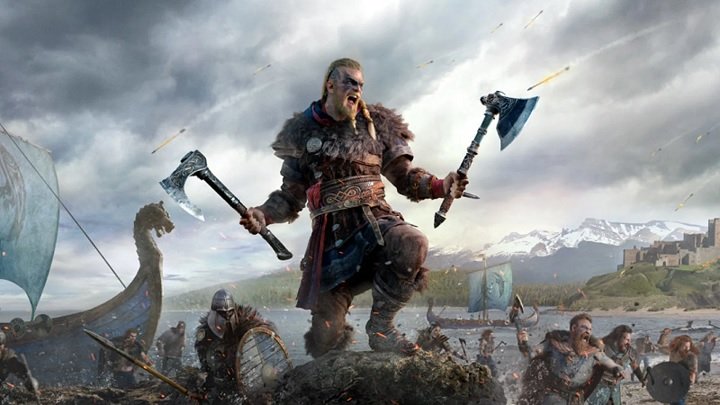
Let's start with Fancensus' report, which was presented by Ryan Janes in an article for Games Industry.biz. The group checked the press interest in individual games revealed at E3 2019 and this year, comparing the number of articles devoted to each of these games published within 72 hours of the announcement. For example, Assassin's Credd: Valhalla was discussed in the news more often than any game shown at E3 2019, including titles such as Elden Ring and Star Wars Jedi: Fallen Order.
As we read, the announcements from E3 2019 were written about on average 5% less frequently during the first three days than the titles shown this year. What's more, if we compare the interest in the games revealed separately instead of at the conference, last year's fair was more than 20% worse than its counterparts from this year. The differences are even greater within a week of the announcement: The number of press articles about games shown during E3 2019 is 22% lower for titles from collective shows and up to 60% lower for single title announcements.
Of course, interest of the press is one thing, but what about social media? Fancensus also compared the number of views and materials (entries or videos depending on the platform) published on YouTube, Facebook and Twitter within three days of the announcement. The games revealed this year were also in the lead. Crash Bandicoot 4: It's About Time dominated Facebook and YouTube but Assassin's Creed: Valhalla dominated Twitter. Both titles have significantly outnumbered the results of last year's YouTube announcements, including Star Wars Jedi: Fallen Order and the continuation of The Legend of Zelda: Breath of the Wild. These are no exceptions. In all three lists, the first ten position are mainly games released this year. In other words, the absence of E3 2020 definitely didn't harm major publishers - on the contrary, it helped them.
...also according to SuperData
Similar conclusions can be drawn from reading SuperData's report. The latter analytics group limited itself to comparing the audience of individual Twitch shows. For example, the release of PlayStation 5 on June 11th was watched every minute by an average of 1.51 million people, while Xbox Briefing presentation from E3 2019 was watched by less than a million people. Of course, comparing the presentations of two different companies can be considered deceptive (Sony hasn't attended the E3 for a long time), but doubts are dispelled by another comparison. This year's Ubisoft Forward presentation attracted 1.02 million viewers each minute. Meanwhile, a year ago the conference of the French publisher failed to reach even 800 thousand viewers.
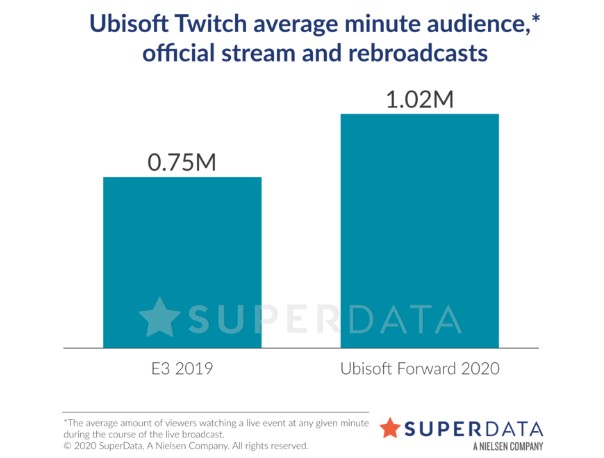
Is E3 (un)necessary?
Looking at these statistics, it would seem that E3-style events are a thing of the past, and publishers can resign from them without fear. However, there are a few issues that should be mentioned. First of all, both SuperData and Fancensus point out that not all of this year's shows performed as well as the presentations of the industry giants. For example, PC Gaming Show was watched every minute by an average of 68,000 people, compared to 141,000 a year ago. The titles shown at Summer Game Fest, including IGN Expo and Indie Showcase by The Escapist, also didn't fare so well.
According to the analysts, this may be due to rather vague schedules or too long dragging of the events (Summer Game Fest has been running since May and will not end until late August). Spreading one event across several smaller ones over a longer period of time certainly reduces competition, but on the other hand, it makes it easier for the players to miss announcements if they cannot focus on them within, say, one week.
This form of presentation also poses a significant problem for smaller developers and publishers. We wrote about the consequences for them on the occasion of Jason Schreier's reports about Warner Bros. games, which were supposed to appear on E3 2020. As the journalist wrote, the big fair is an opportunity for independent teams to present their games, and thus gain the interest of publishers. Digital presentations practically do not give much chance for small studios - after all, the distribution of these de facto panels is fixed in advance.
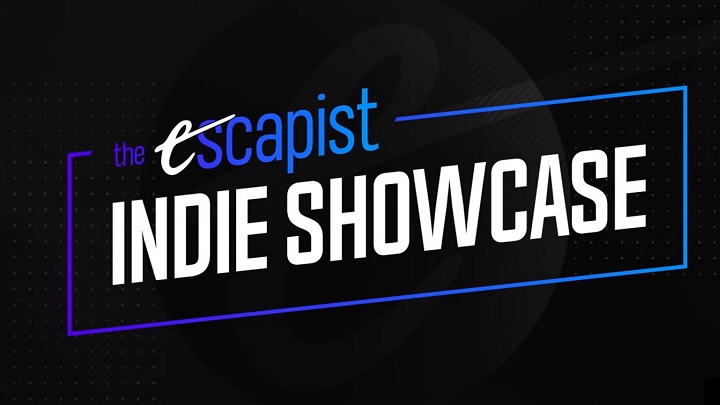
Of course, the devs can try to show their games on their own or as part of collective shows. However, the poor ratings of the Indie Showcase and this year's PC Gaming Show do not encourage such efforts. The conclusion is that without high-budget or anticipated games, the interest of players in the shows is very low. As a result, it can be much more difficult to reach buyers and publishers than at traditional industry events, where the studios have the chance to meet in person with the publisher's representatives and the "indies" can be checked out by trade fair visitors.
- He highlights the biggest mistake made by the industry giants. „The future belongs to smaller teams,” says director of Assassin's Creed: Unity
- „They get more hate than they deserve.” Josef Fares comes to EA's defense and points the finger at Sony and Nintendo
- ARC Raiders devs admit they're pushing the limits of performance. Still, they're working on even bigger maps
0

Author: Jacob Blazewicz
Graduated with a master's degree in Polish Studies from the University of Warsaw with a thesis dedicated to this very subject. Started his adventure with gamepressure.com in 2015, writing in the Newsroom and later also in the film and technology sections (also contributed to the Encyclopedia). Interested in video games (and not only video games) for years. He began with platform games and, to this day, remains a big fan of them (including Metroidvania). Also shows interest in card games (including paper), fighting games, soulslikes, and basically everything about games as such. Marvels at pixelated characters from games dating back to the time of the Game Boy (if not older).
Latest News
- Elite Mod lets you play the Tau faction in Warhammer 40K: Dawn of War 2
- Huge Marvel Adventures mod now with new superheroes, including Sentry
- Butcher's Summit, an impressive free diselpunk FPS, has been released
- Free FPS on Half Life engine gets big update
- On February 3, gaming history could change forever. Red Dead Redemption 2 one step away from a major achievement

